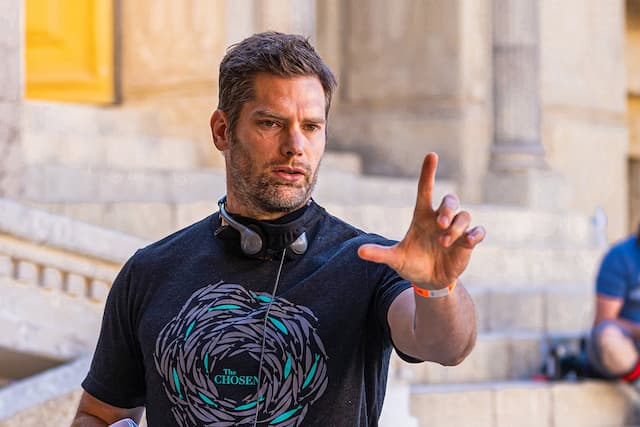Your Flesh and Your Old Man Are Not the Same
Christians often use the terms “the flesh” and “the old man” interchangeably, even though important distinctions exist between these two nemeses.
Flesh, or what may be negatively referred to as our “self-life,” is a residue of the old nature, now vanquished and vanished. It is past behavioral programming, once trained and now remembered, though its source is gone.
These “old tapes” and “memory traces” can impact a Christian greatly, especially if the biblical way to stop all this isn't known. So let’s identify some of these flesh/old man distinctions.
According to Romans 3, which provides the longest summary of the nature we were born with, the old man has no desire for God. Those with this nature don’t want his fellowship, his rule, his teachings, or his standards for daily life.
The flesh, however, may very well desire some or all of these things.
In Matthew, chapter 26, verse 41, Jesus said, “the spirit is willing, but the flesh is weak.” Notice: Jesus never said the flesh wasn’t willing, because the flesh can be very willing.
Ian Thomas said, “The flesh has a perverted bent toward righteousness—but such righteousness as it may achieve is always self-righteousness ….”
Despite a willingness to be righteous, the diligence and desire the flesh produces just can’t get the job done.
However, there are also those times when the flesh may bail out altogether and do exactly what the old man did—on purpose!
A second distinction between the old man and the flesh is that the old man totally defines those who have this nature, in that they are singularly bound by old man propensities.
The flesh, however, isn’t in any way a part of the believer’s true identify. This is why, when discussing the flesh’s failure in Romans, chapter 7, Paul twice said, “... it is no longer I who do it ....”
We may lament certain behaviors, as Paul did, but Paul had the insight to see what the Accuser doesn’t want the rest of the church to see: Moral failure never comes from the believer’s real self, our new nature. This fact has major implications for our spiritual growth.
A third distinction between the old man and the flesh is that the old man, according to Romans 6:6, was crucified—he’s dead, he’s buried, and he’s not coming back!
According to this same verse, though, the flesh (referred to as “the body of sin”) can be rendered powerless but it can never be rendered extinct. It can be put out of the game, but it will still be on the sidelines.
Even for the most mature of believers, the flesh will always exist within. It can be terminated in its rule, but not eliminated from existence.
Yes, we are responsible for allowing the flesh to function, but we do not—even partially so—have flesh embedded in our being, in our new identity, the new creation.
If a survey could be taken of everything wrong you ever did, the source of all that will either be your old man or your flesh.
Given that all this is what you personally experienced, it's natural to think this should at least be included in an assessment of who you are.
But it shouldn't. Every bit of that is a contradiction of who you are and not an indication of who you are.
It is extremely important for you to know that!
Because if you see yourself in the wrong way, you'll repeat all that. Showing some improvement perhaps, but living a life far different than the way it would be if the divine life within, your new nature, were to manifest as God intended.
Do you think holiness is an impossible ideal? Of course, you do, if you still think your flesh is a part of your identity.
Christians are confused!
They think the flesh is the same as the old nature. And because they know the gravitation toward sin hasn't gone away, they are quite sure the old nature hasn't gone away.
Think now. Who is the author of confusion? Satan! And who loses if he confuses? We do!
And here's how. To believe we have two-natures is to lethally lowers the ceiling of what the Christian life can be.
What should properly be defined as an alien sin-force, the flesh, has now been elevated to the status of being integral to our nature.
If we were to pull back the curtain to see what is going on backstage, this is what we would discover:
Satan was defeated at the cross; he can't undo that. But here is what he can do. He can deceive you about what was accomplished on the cross. And that's what he's doing. He's campaigning as if he won.
Don't believe him. There has been too much damage already. All of it completely unnecessary.











